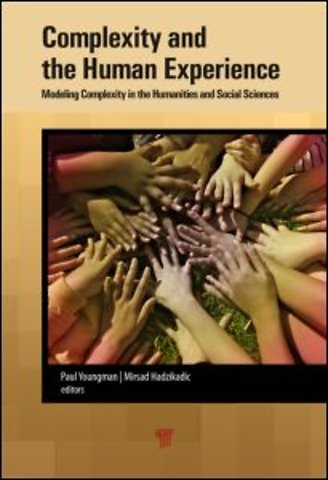Complexity and the Human Experience
Modeling Complexity in the Humanities and Social Sciences
Gebonden Engels 2014 1e druk 9789814463263Samenvatting
Questions of values, ontologies, ethics, aesthetics, discourse, origins, language, literature, and meaning do not lend themselves readily, or traditionally, to equations, probabilities, and models. However, with the increased adoption of natural science tools in economics, anthropology, and political science—to name only a few social scientific fields highlighted in this volume—quantitative methods in the humanities are becoming more common.
The theory of complexity holds significant promise for better understanding social and human phenomena based on interactions among the participating "agents," whatever they may be: a thought, a person, a conversation, a sentence, or an email. Such systems can exhibit phase transitions, feedback loops, self-organization, and emergent properties. These dynamic systems lend themselves naturally to the kind of analysis made possible by models and simulations developed with complex science tools. This volume offers a tour of quantitative analyses, models, and simulations of humanities and social science phenomena that have been historically the purview of qualitative methods.
Specificaties
Lezersrecensies
Rubrieken
- advisering
- algemeen management
- coaching en trainen
- communicatie en media
- economie
- financieel management
- inkoop en logistiek
- internet en social media
- it-management / ict
- juridisch
- leiderschap
- marketing
- mens en maatschappij
- non-profit
- ondernemen
- organisatiekunde
- personal finance
- personeelsmanagement
- persoonlijke effectiviteit
- projectmanagement
- psychologie
- reclame en verkoop
- strategisch management
- verandermanagement
- werk en loopbaan
